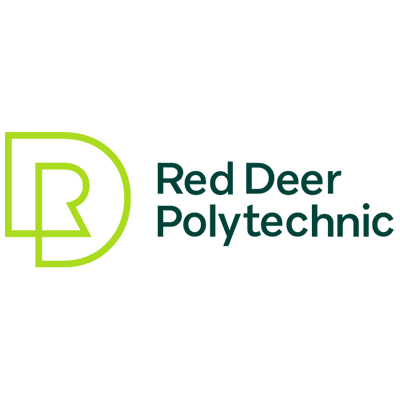When you know yourself, you can plan your career and education based on what's important to you: your interests, abilities, values and experiences.
There was an error. Please try again.
This page is already listed in your guide. Please choose a different page to add.
Justice Studies

Red Deer Polytechnic
rdpolytech.ca
100 Donald Blvd
Red Deer, Alberta, T4N 5H5, Canada
-
Program Type Standard
-
Credential Type Diploma
-
Length 2 Years
- Part Time Only
- Cooperative Education
- Continuing Education
- Distance Learning
The Justice Studies program recognizes the need to facilitate access to post-secondary education for both Indigenous and non-Indigenous learners. To facilitate greater participation of Indigenous learners, the Justice Studies program has designated 10% of seats for qualified applicants who are Status Indian/First Nations, Non-status Indian/First Nations, Metis, or Inuit. After June 1 of each year, any such designated seats which have not been taken by Indigenous learners meeting admission requirements, and applying under this provision, will be released to qualified applicants on the waitlist.
Indigenous applicants must meet the admission requirements for the program as outlined in the Academic Calendar, and qualify for a designated seat by:
- Self-identifying as an Indigenous applicant on the Application for Admission
- Providing proof of Indigenous ancestry
Proof of Indigenous ancestry (one of the following):
- Certified copy of a Status or Treaty card, Metis membership card, Nunavut Trust Certificate card, roll number or any other proof accepted by Inuit communities
- Proof that an ancestor's name has been entered in: the Indian Register according to the Indian Act, band list of an individual band, or the Inuit roll
- Written confirmation of Indigenous ancestry from Indigenous and Northern Indigenous Canada
- Statutory Declaration by an applicant attesting to Indigenous ancestry with supporting documentation
Other forms of proof may also be considered at the discretion of the Registrar.
Admission Requirements:
Academic requirements:
ELA 30-1 or equivalent with a minimum 60%
AND
One other course from Group A or equivalent with a minimum 60%
Note: Applicants whose first language is not English must demonstrate English language proficiency.
Note: Indigenous applicants to the Justice Studies program, go to Program Admission Features above for more information.
Non-academic requirements:
Completion of a pre-admission introduction module to Justice Studies
Note: Some employers, including the RCMP, require a High School Diploma.
Practicum Experience requirements:
Applicants must provide, at their own expense, a Police Information Check and Vulnerable Sector Check to many agencies for practicum experience. Adverse information on such checks may limit practicum placement and prevent program completion. It is the decision of each agency or institution whether or not to accept a student for placement based on the results of such checks.
Some placements may require additional documentation, such as a medical examination, or RCMP Field Investigation and Security Clearance. It is important to learn about these requirements early in the program to ensure sufficient time for receipt of the documentation prior to the fourth term practicum.
Students must pass all courses and achieve a minimum cumulative GPA of 2.0.
This program is eligible for full-time post-secondary assistance by Alberta Student Aid for the funding year 2025/08/01 to 2026/07/31*.
-
Tuition $7,260.00 Year One
-
Mandatory Fees $2,124.00 Year One
-
Books/Supplies/Instruments $1,400.00 Year One
* Tuition, books, supplies, instruments, and other/mandatory fees are provided to Alberta Student Aid and may be used when processing full-time post-secondary funding applications. The educational costs provided are based on a 100% full-course load and may not reflect current or all educational costs charged by the school. Contact the school to obtain accurate educational cost information.
Search Transfer Alberta for course and program transfer information including transfer agreements between post-secondary schools in Alberta, British Columbia, Northwest Territories, Nunavut and Yukon.
Transfer(s) available outside of Transfer Alberta: Not available
Updated September 12, 2022. The information contained in this profile is current as of the date shown.
Educational program information is provided as an introduction and for general reference. For current information about programs and school requirements or policies, check the school calendar, visit their website or contact the school directly.
The Government of Alberta is working in partnership with the Government of Canada to provide employment support programs and services.

